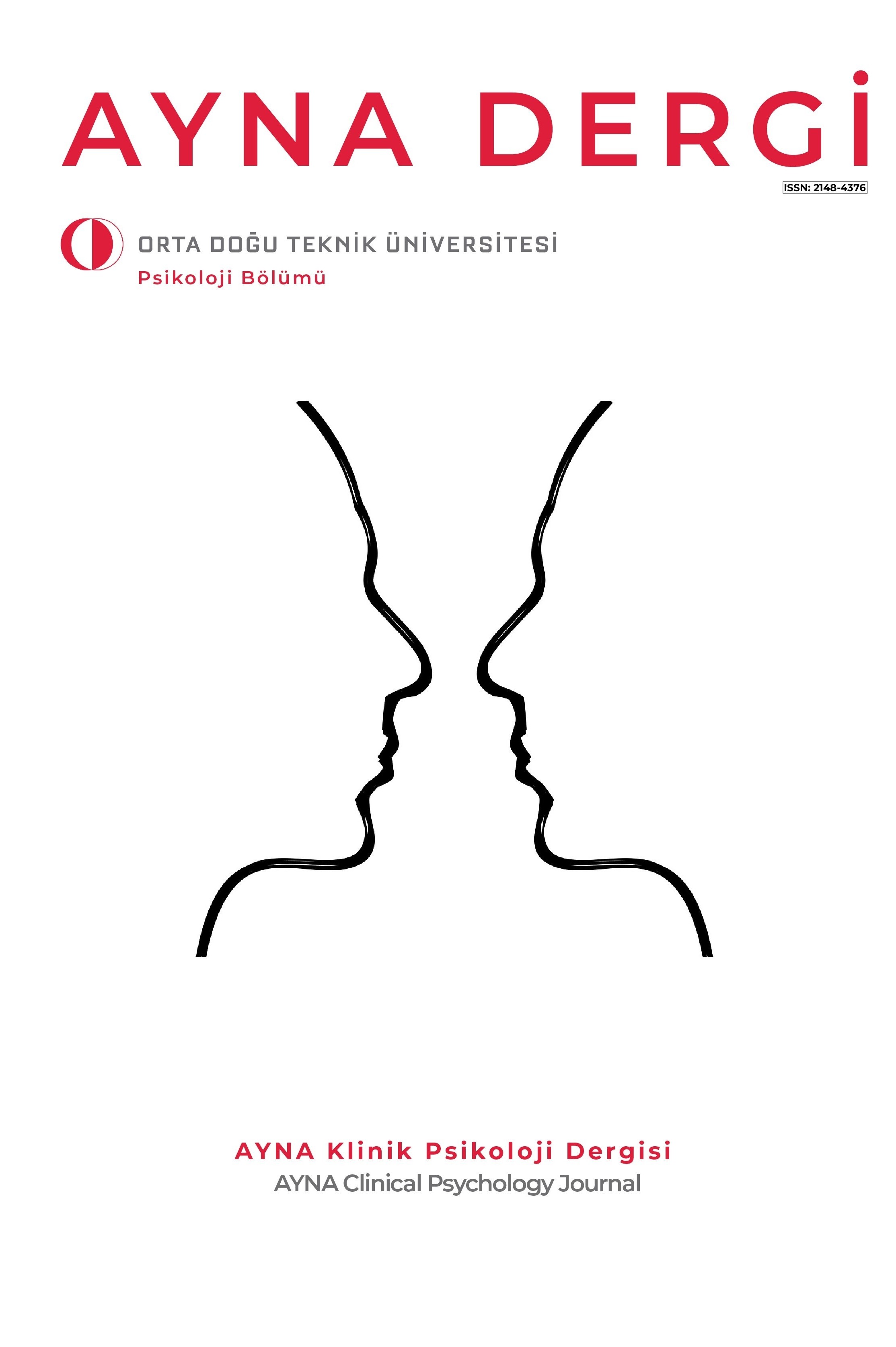
AYNA Klinik Psikoloji Dergisi
Yazarlar: Sinem BALTACI, Faruk GENÇÖZ
Konular:Psikoloji
DOI:10.31682/ayna.482168
Anahtar Kelimeler:Lacanian discourse analysis,Discourse,Turn to language,Qualitative studies,Addiction
Özet: Today, there is a significant increase in the rates and types of addiction. Although many institutional and legal regulations have been established to prevent addiction, there are many expressions in the society’s discourse encouraging subjects to use substances of different types for pleasure. The aim of the current study was to examine the relationship between substance addiction and law in psychotherapy process based on historical and cultural evaluations. Accordingly, a therapy process that was conducted with a patient who was sent to a center of addiction prevention because of legal enforcement was analyzed. The methodology of this study was based on Lacanian Discourse Analysis, which was put forward by Parker and his colleagues in the light of the critical discursive approach. Rather than analyzing the similarity and repetition of the words which was the case in classical discourse analysis; Lacanian Discourse Analysis focused on the contradiction, absence, and positions where the subject speaks in relation to the Other. Results showed that in the interviews which were carried out in the absence of trust and lack of demand, the power and authority positions of the therapist had been significantly compromised. Additionally, the place of addiction in the subject relations seems to be more crucial rather than the actual properties of the substance. Moreover, in cases where doubt of substance using becomes an object of pleasure, the therapist should not relate with the subject through this doubt. In the last part, the clinical applications for substance addiction were discussed in light of the current dominant discourse.
Dergi editörleri editör girişini kullanarak sisteme giriş yapabilirler. Editör girişi için tıklayınız.